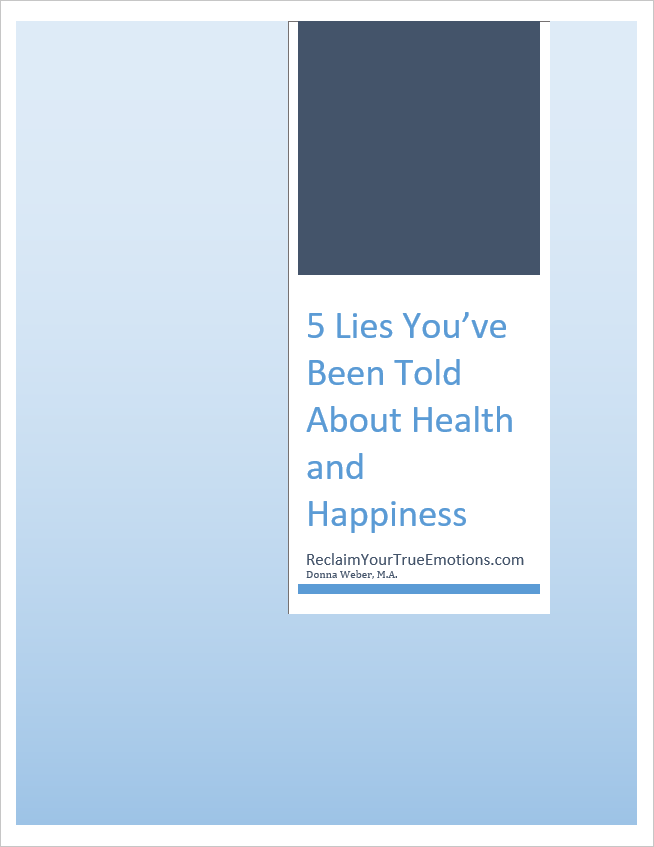I imagine many of you are wondering why you would ever need a false identity. Wouldn’t we always want to be our true selves?
Unfortunately, many of us grew up at a time when children were trained to fit in. As children we had no choice. We needed to do what our parents wanted.
As adults we can make new choices. Find out how you can reclaim your true identity.
How did you get your false identity?
Small children are free to be themselves. They don’t worry about being judged or pleasing others.
Our parents and our culture want us to fit in, so the training process begins. Don Miguel Ruiz (The Four Agreements) calls this domestication. Ruiz says that 95% of all of our beliefs are false.
We are controlled through fear. We are afraid we won’t be loved, we will be judged, we won’t fit in, or we will be punished. It is almost impossible to resist the process.
When we grow up we forget that we have been programmed to fit in. We forget who we really are.
The price of a false identity
When we cannot be our true selves we suffer. We feel painful emotions: fear, anger, jealousy, envy, guilt or hatred. We judge ourselves for every little mistake. We never feel good enough. We strive for unrealistic perfection. We don’t feel deserving of love.
Don’t worry. These are just signs that your true identity is still there.
Who are you?
Think back to your childhood. Can you remember a time when you felt free to be yourself? Your parents may not have been comfortable with you. Did they correct your behavior? Did they want you to be quieter, less active, or better behaved?
Your true identity has been buried beneath all those false beliefs you learned as a child. You are more wonderful than you realize. Even if you can’t remember a time, your true identity is still there.
Why you needed your false identity
Our parents and our culture were programmed to pass their belief systems along to us. In order to fit in, we needed to learn to accept their beliefs. The price for not fitting in is too high for most of us to defy our parents and our culture. It is hard to imagine growing up and being true to yourself every moment.
Some people are happy to accept these beliefs. Others did not accept the programming as easily. If you are reading this post, you are probably the second type.
It is not too late to be yourself.
How can you recover your true identity?
Your false identity is defined by negative beliefs about yourself and how you feel when you refer to yourself. Self referral words include your name and personal pronouns, such as “I” or “me” or “we.”
Negative beliefs include “I’m not good enough” or “I’m not smart.”
Let’s try an exercise. How do you feel when you say your name? Say your name several times. What do you notice? Do you feel confident? Do you feel that someone is judging you? Try this with “I” or “me.” Be sure to take your time to feel the emotion. We feel these emotions so often, we no longer notice them. They feel normal.
Do your emotions and beliefs match your true identity? Do you feel good enough, lovable, and deserving? If not, you know that you have a false identity.
If you choose to let go of the emotions and beliefs that do not match your true identity, you can reclaim your true self.
In my next post I will delve deeper into the identity process.
To read more about the poetry of emotion process…(Image: jan.leversund @ Flickr http://www.flickr.com/photos/janleversund/2624909893/sizes/n/)



